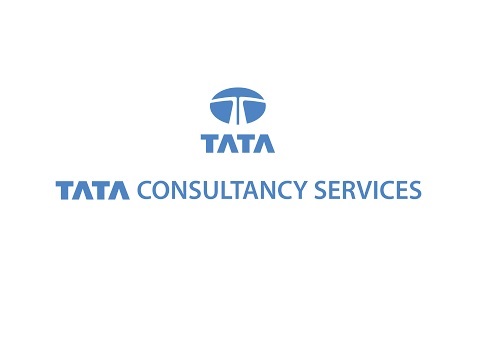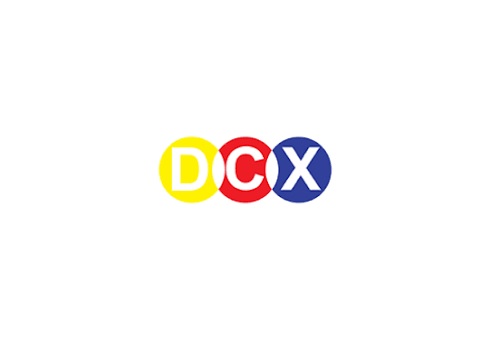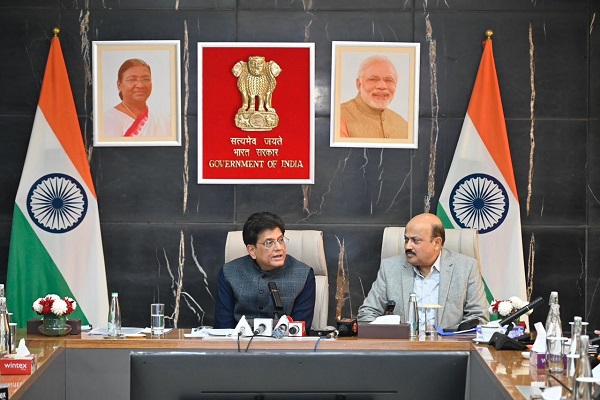Internet Software & Services: Labor codes: Implementation finally underway by Kotak Institutional Equities

Labor codes: Implementation finally underway
The government has approved the implementation of four labor codes with effect from November 21, 2025. These codes were passed by the Parliament in 2020 and were awaiting implementation. According to PIB, 29 labor laws have been consolidated into four codes with the aim of easing compliances and modernizing outdated provisions while safeguarding workers’ rights. Platform companies (such as Eternal and Swiggy) will need to contribute to a social security pool, which will be used to provide social security benefits to gig workers. A central minimum wage, higher than the current minimum wage, may have an impact on wage bills for employers across sectors.
India’s labor codes come into force; exact rules awaited
The government has approved the implementation of four codes (the Code on Wages, the Industrial Relations Code, the Code on Social Security and the Occupational Safety, Health and Working Conditions Code). We believe the full implementation of these codes will happen as and when specific rules regarding the codes are framed by states.
Gig workers to be eligible for social security benefits
The code on social security extends to all workers, including unorganized, gig and platform workers. Under this code, aggregators will contribute 1-2% of annual turnover, capped at 5% of payments to such workers. For now, it is unclear whether this quantum will suffice for proposed PF payments or will only be used to provide benefits such as life, disability, health and old-age benefits. Assuming companies such as Eternal and Swiggy have to shell out an incremental 5% of annual payments to workers, the food delivery businesses could see an impact to the tune of Rs3.2/order, while QC businesses could see an impact of ~Rs2.4/order. We believe companies would pass on the impact of these to consumers with time via higher platform fees or other charges.
National minimum wage to be fixed by the center; states to follow suit
The code of wages establishes a statutory right to minimum wages for all employees across organized and unorganized sectors. A statutory floor wage shall be set by the government based on minimum living standards, skill levels, etc. States can choose to have a different minimum wage, though it cannot be below the center-mandated minimum wage. For now, it is unclear if minimum wages are applicable to only full-time employees or if gig workers are also included in this ambit. Gig workers may work with several platforms at any time, and hence the implementation of minimum wage for now is unclear.
Staffing companies such as TeamLease to benefit over the medium term
Ease in labor-related compliances should be a positive for organized staffing companies such as TeamLease. The benefits will, however, accrue over the medium term, assuming easier labor codes aid formal sector employment. Near-term impact will be contingent on exact rules, which are awaited.
Above views are of the author and not of the website kindly read disclaimer
























